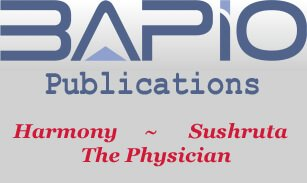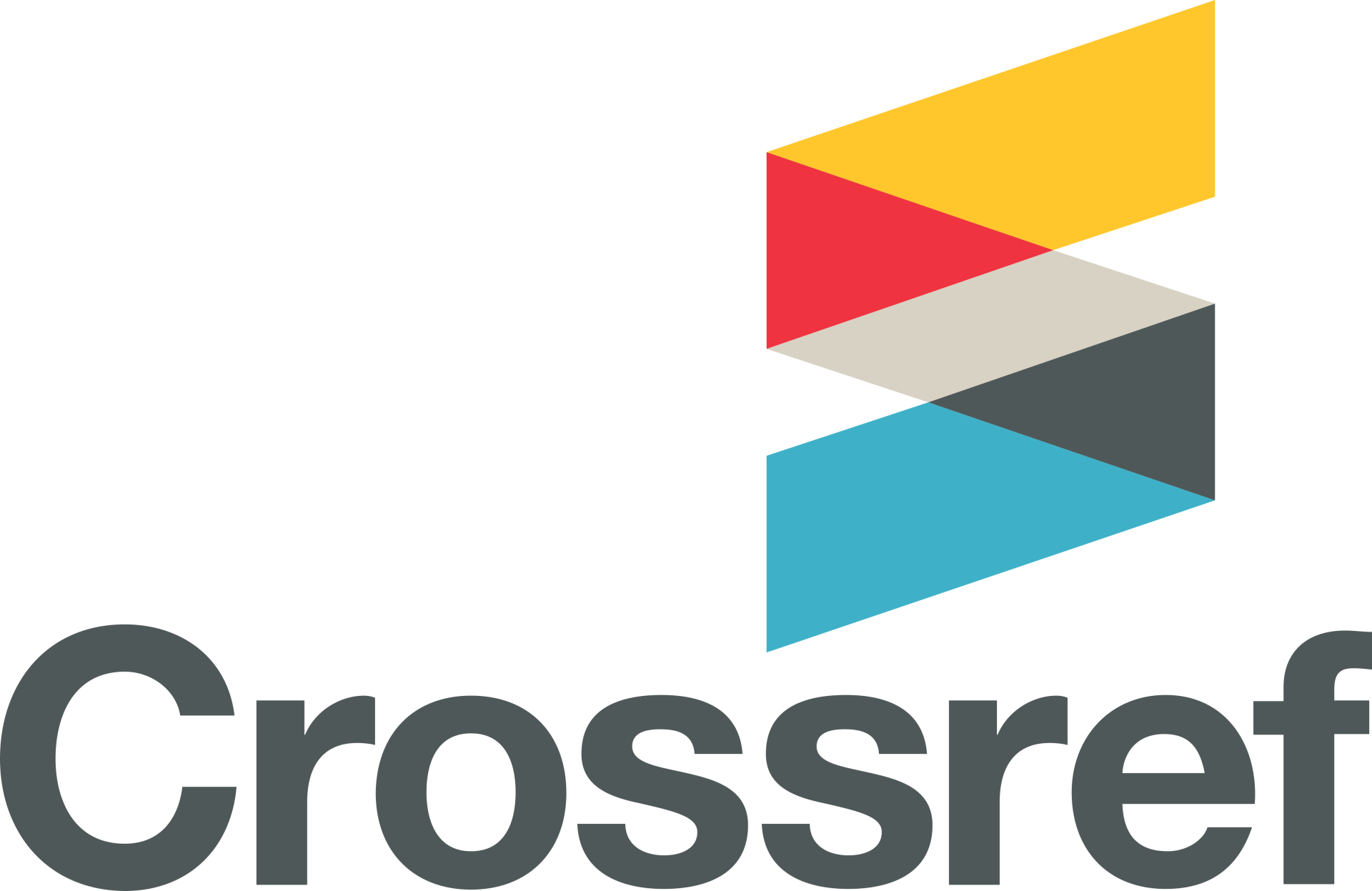FIRMST2020-AB61
Assessment of Knowledge of Promotional Drug Literature
FIRMST2020-AB61
Assessment of Knowledge of Promotional Drug Literature
Pramila YADAV, Disha CHAUDHARY, Pradnya DEOLEKAR
DY Patil School of Medicine, Mumbai, India.
Aim:
To assess knowledge of WHO criteria for promotional drug literature among medical studentsKeywords: Promotional literature
correspondence drpramilayadav10@gmail.comNo conflict of interest declared
Article InformationDOI:
10.38192/1.6.3.firmst20.ab61Epub: 20.09.2020Presented at FIRMST Conference, Moscow 2020Peer reviewed by JS Bamrah, Ananthakrishnan Raghuraman, Soumit DasguptaOpen Access- Creative Commons Licence CC-BY-ND-4.0
Introduction:
Education of medical students has a crucial role to play in preparing future practitioners to respond appropriately to drug promotion. Inappropriate prescribing practices without necessarily benefiting the patients contribute to increased health care costs if prescriber is not aware of the World Health Organisation(WHO) criteria for ethical medical drug promotion 1988. Hence, this study was conducted with objective to assess the knowledge of 2nd year medical students about WHO criteria for promotional drug literature.
Materials and methods:
This observational study was conducted in the Pharmacology department of a tertiary care hospital. 200 2nd year medical students were given drug promotional literature and were asked to evaluate it according to the WHO criteria on prescribed pro forma.
Results:
41% of medical students were aware of the WHO criteria. 11% calculated the importance of reference of scientific literature. 35% evaluated the importance of name and address of manufacturer or distributor. 30% evaluated necessity of dosage form and regimen. 72% evaluated the importance of active ingredients. 45% students evaluated the importance of other ingredients or adjuvant known to cause problem. 85% students calculated the importance of major drug interactions. 74%, 78%, and 62% students calculated the importance of drug related precautions, contraindications, and warnings. 100% students calculated the importance of brand and generic name and approved therapeutic uses by 98% students.
Conclusion:
The study showed that medical students have less knowledge about the WHO criteria of promotional drug literature. They require constant education regarding the WHO guidelines as these literatures often influence prescribing behaviours of physicians.
If you are interested in publishing your conference abstracts with us
If you are interested in publishing your conference abstracts with us
Please contac the editorial board for peer review and publication in the The Physician Journal of International Health



